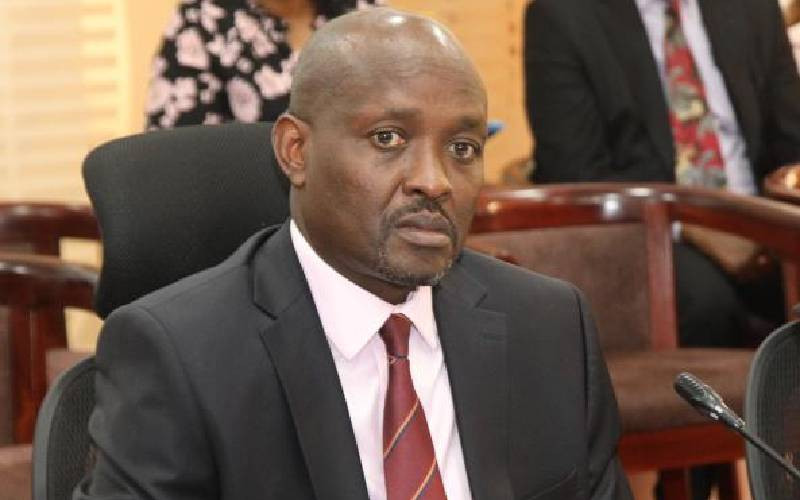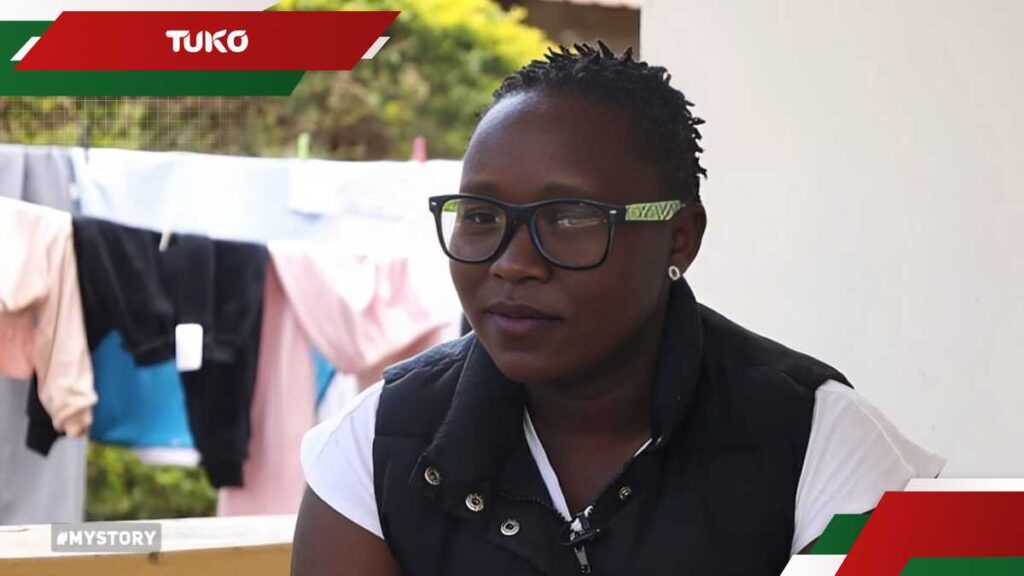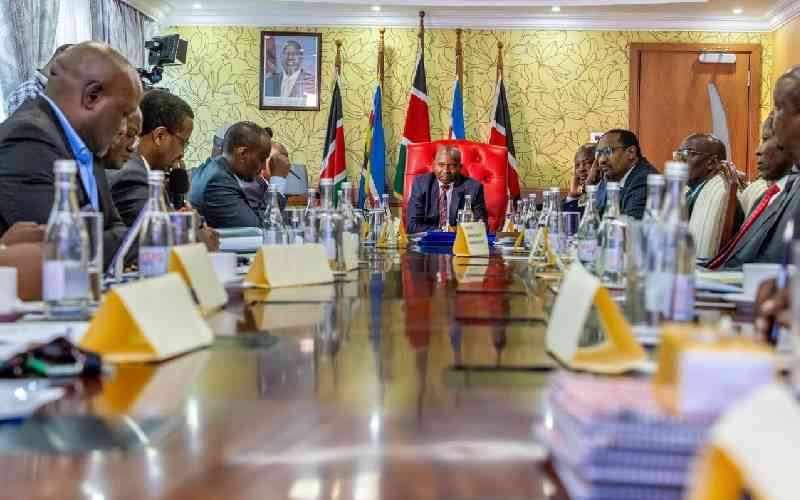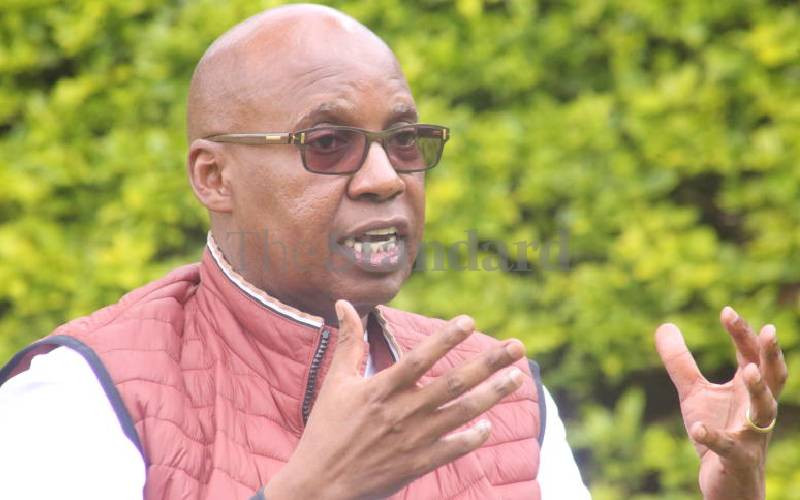More than half a million of university and Technical and Vocational Education and Training (TVET) students eligible for funding by the Higher Education Loans Board (HELB) in the 2024/25 financial year did not receive any money due to a budget shortfall.
HELB Chief Executive Officer Geoffrey Monari told the National Assembly Committee on Education that some 713,173 students applied for financial assistance during the period, with a total funding requirement of Sh48.18 billion.
However, HELB only disbursed Sh26.1 billion to 322,338 university students, leaving 103,214 eligible students unfunded due to a Sh11.5 billion shortfall.
For TVET trainees, Sh7.9 billion was disbursed to 225,048 students, but 60,274 applicants missed out, creating an additional gap of Sh2.2 billion.
He made the remarks yesterday when the committee held an oversight visit to HELB offices in Nairobi.
“HELB respectfully brings to the attention of this committee the grave and escalating implications of the current funding shortfall,” Monari said.
He warned that unless the Sh48.9 billion deficit across the 2024/25 and 2025/26 financial years is urgently addressed, the country risks triggering a systemic failure in higher education, potentially undoing decades of progress in human capital development and undermining national cohesion.
Unlike the previous model, which excluded some students based on cutoff marks or limited resources, Monari noted that the new Student-Centred Financing Model (SCFM) makes all placed students eligible for funding, but the surge in enrollment has put immense pressure on HELB’s finances.
“Rapid growth in student enrollment without matching funding has locked out over 700,000 eligible students,” he said, warning that if not addressed, the shortfall could lead to widespread dropouts, unrest, and institutional instability.
“This critical financing shortfall, if not addressed urgently, poses a serious threat to the stability of the higher education system and may lead to widespread dissatisfaction and social unrest due to the exclusion of deserving and needy students,” Monari said.
He cited heavy implications of the funding deficit, including massive student dropouts, because a significant number of financially constrained students may be forced to defer or abandon their studies.
“This would be a heartbreaking reversal in our country’s efforts to expand equitable access to education and empower every Kenyan child, regardless of background,” he said.
HELB, he said, recovered Sh5.21 billion in the 2024/25 financial year, marking an 11 per cent increase compared to the previous financial year collection of Sh4.71 billion. “Field inspections and employer audits led to the tracing of 17,647 defaulters, with Sh285.21 million recovered,” he said.
Stay informed. Subscribe to our newsletter

























